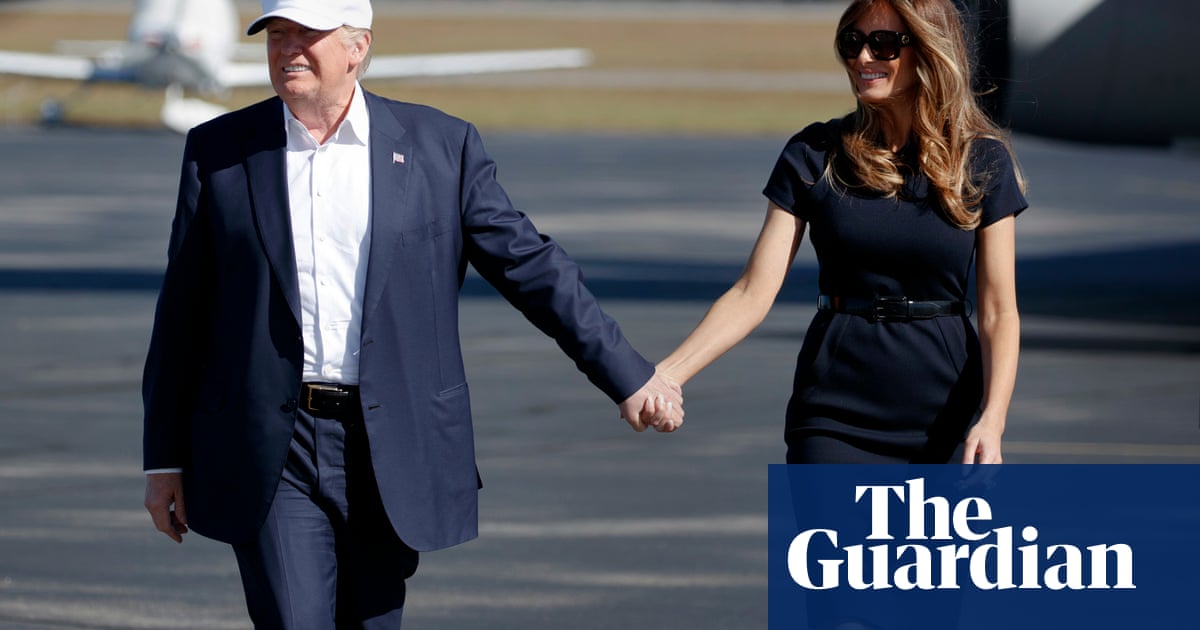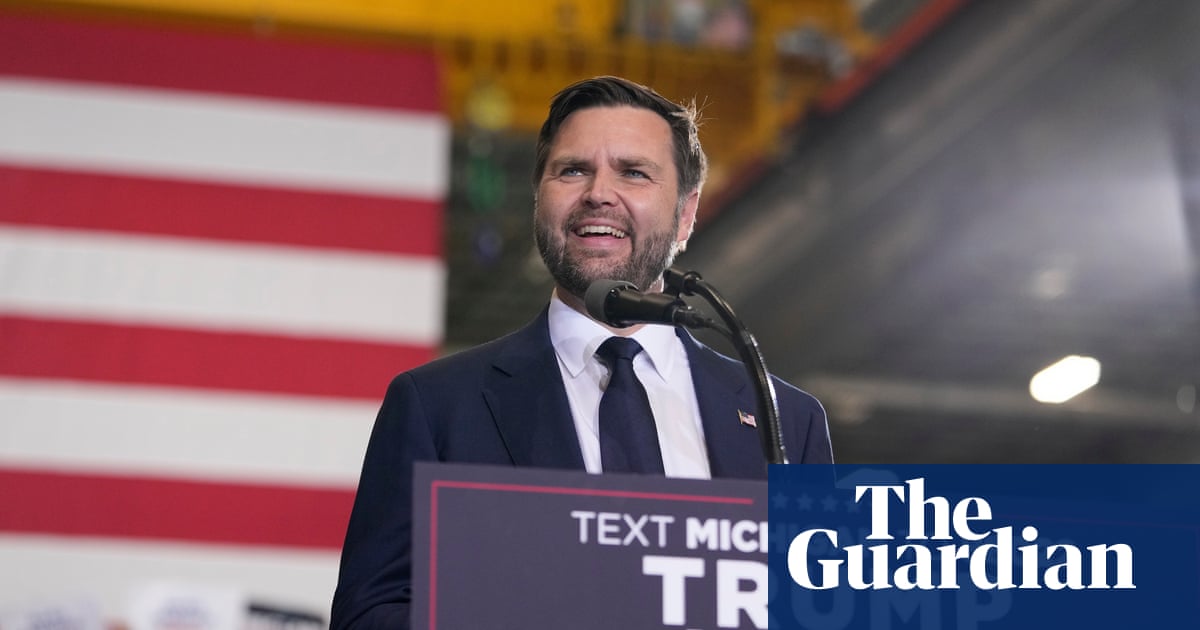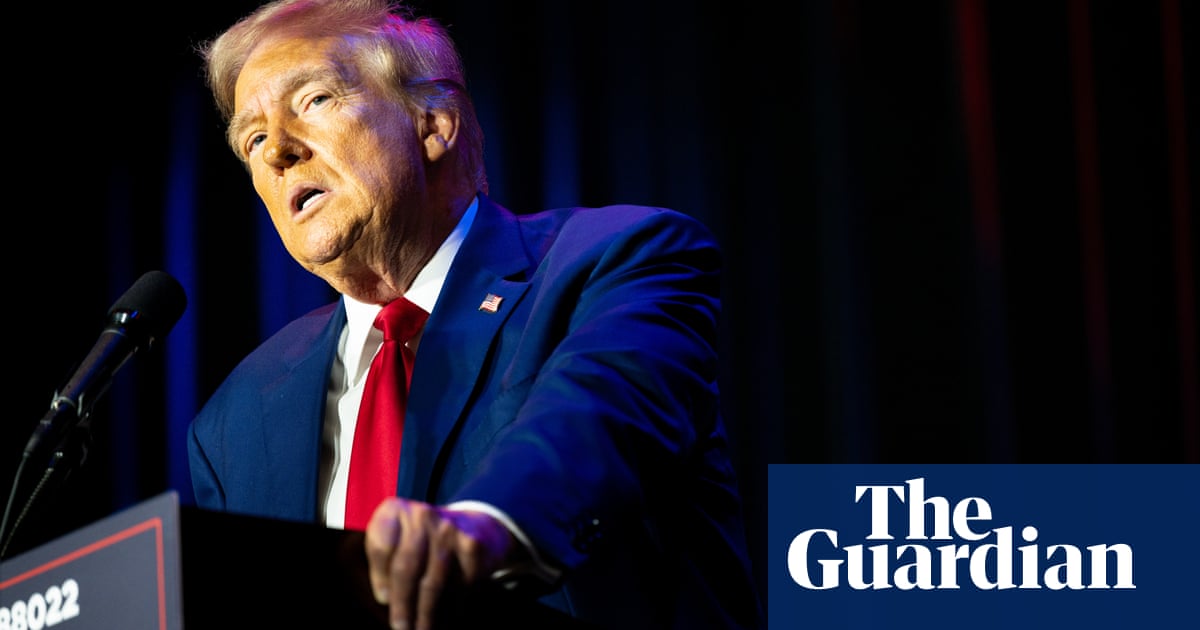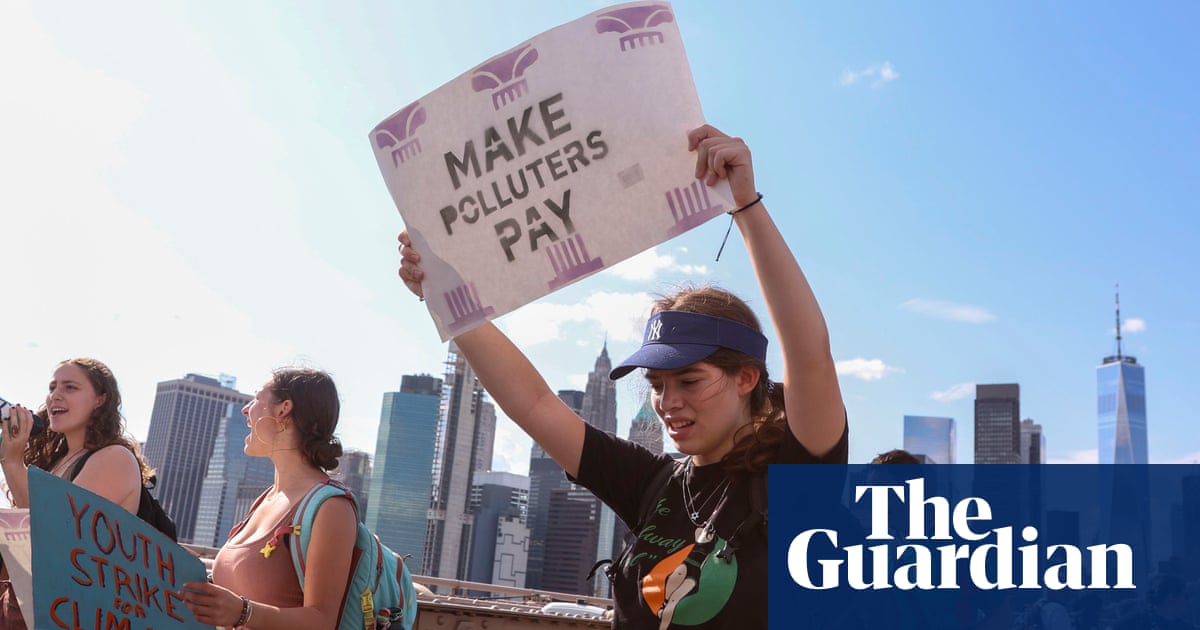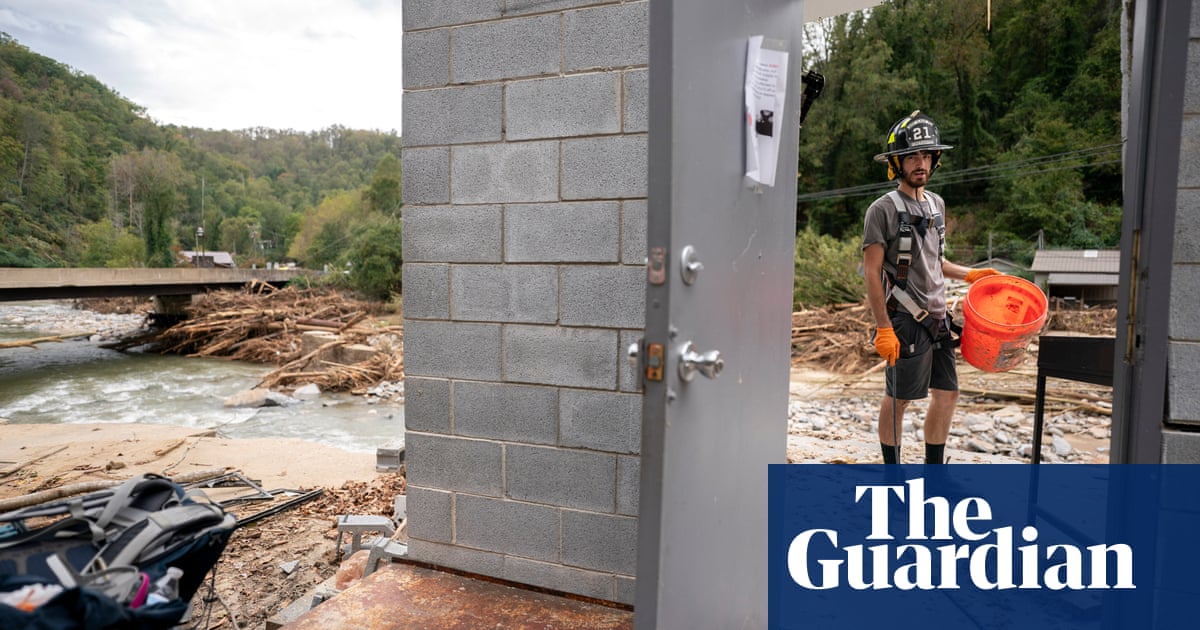A former top environment official has said the EU’s credibility on its climate commitments has been damaged by plans for a one-year delay to a law to combat deforestation that followed intense lobbying from companies and governments around the world.
Virginijus Sinkevičius, a Lithuanian MEP who was the environment commissioner until mid-July, said postponing the deforestation regulation would be “a step backward in the fight against climate change”.
In a sharp rebuke to the European Commission president, Ursula von der Leyen, Sinkevičius, who drafted the legislation that was agreed in 2023, said the 12-month delay would put 80,000 acres (32,375 hectares) of forest at risk each day, fuel 15% of global carbon emissions, break trust with the EU’s global partners and damage its credibility on its climate commitments.
On Wednesday, the European Commission proposed a 12-month delay to the law, which has been hailed by its advocates as the most ambitious in the world to combat deforestation. The law will ban the sale in the EU of commodities linked to deforestation such as cocoa, coffee, soya, palm oil and rubber, as well as products including chocolate, leather and furniture. Companies are required to use satellite monitoring and other checks to ensure their products have not been produced on land deforested or degraded after 31 December 2020.
The delay must be approved by the EU ministers and the European parliament to take effect.
If approved, the law would come into force on 30 December 2025 for large companies and 30 June 2026 for micro and small enterprises.
The call for a delay followed intense lobbying from governments and companies around the world, which argued that the law unfairly penalised exports to Europe and would harm small farmers and businesses.
In a statement released on Wednesday, the commission said a 12-month delay “to phase in the system” was a balanced solution that would support operators around the world in “securing a smooth implementation from the start”.
Countries including Brazil and Australia had pushed for a delay, arguing that EU officials were using the wrong data to measure forests, while Indonesia and Ivory Coast have said it could penalise small farmers and harm their exports.
“Global partners have repeatedly expressed concerns about their state of preparedness,” most recently during the United Nations general assembly in New York last week, the commission said.
“The extension proposal in no way puts into question the objectives or the substance of the law,” it added.
The law was adopted by a large majority of MEPs and member states in April 2023, but since then there has been a growing backlash about the costs of environmental legislation that has led the commission, for example, to scrap plans for pesticides regulation.
Environmental campaigners said Von der Leyen, who is soon to begin a second five-year term as commission president, was undermining one of the key achievements of her term, the European green deal.
after newsletter promotion
Anke Schulmeister-Oldenhove, a senior forest policy officer at WWF, said: “President Von der Leyen is effectively giving her green light for deforestation to continue for another 12 months at a time when urgent action is needed to stop it. By undermining one of the key achievements of the European green deal, this decision casts serious doubt on the commission president’s commitment to delivering on the EU’s environmental promises.”
Nicole Polsterer at the campaign group Fern said: “Ursula von der Leyen has bowed to constant pressure from companies and countries who knew the regulation was coming for years but haven’t prepared properly for it. This is unacceptable, especially when so many other companies have invested time and money to be ready.”
Von der Leyen also faced lobbying to postpone the law from her own centre-right European People’s party , which argued that the legislation created a “substantial” administrative burden for businesses and public authorities.
Peter Liese, a German MEP who speaks for the EPP on environmental policy, said he welcomed the proposed delay and was sure the European parliament would approve it. “The regulation entering into force on 30 December 2024 would have plunged us into irresponsible chaos. Many of the conditions for application are not clear and many third countries are rightly complaining,” he said.
Deforestation, Liese added, “is a disaster for the global climate as for other things, but we have to do it the right way and get those affected by the law more involved”.
The VDMA, which represents Europe’s mechanical engineering industry, described the law as “a prime example of well-intentioned but badly done regulation” that was likely to make all affected products scarcer and more expensive.
“Obtaining the required geolocation data may be easy for cattle and products made from them. For other rubber products covered by the regulation, the reality is much more complex. The consequences here would be major supply difficulties,” it said.

